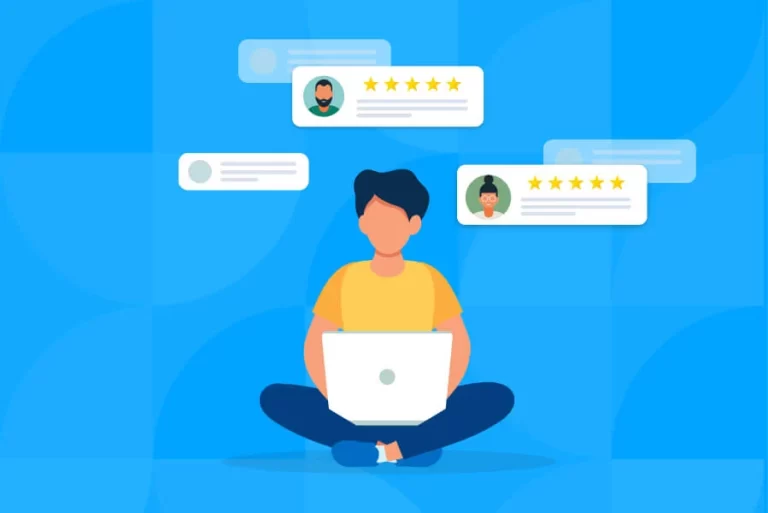Coffee containing caffeine can cause insomnia, nervousness and restlessness, stomach upset, nausea and vomiting, increased heart and breathing rate, and other side effects. Caffeinated coffee is POSSIBLY UNSAFE when taken by mouth for a long time or in high doses (more than 4 cups per day).
What were the arguments for drinking coffee?
10 healthy reasons to drink coffee
- Coffee is a potent source of healthful antioxidants. …
- Caffeine provides a short-term memory boost. …
- Coffee may help protect against cognitive decline. …
- Coffee is healthy for your heart. …
- Coffee may help curb certain cancers. …
- Coffee may lessen your risk of developing type 2 diabetes.
Why is coffee toxic?
Roasted coffee beans contain small quantities of a compound called acrylamide. In high amounts, acrylamide can be harmful. There are even concerns that it may also cause cancer. However, research suggests that drinking coffee in moderation is generally safe and may even have a range of health benefits.
Is coffee actually bad for your heart?
While there is often concern about the links between caffeine and heart health, a moderate amount of tea or coffee (four or five cups a day) should be fine for most people. Research shows that this level of caffeine intake shouldn’t be detrimental to your heart health, affect your cholesterol levels or heart rhythm.
Why does coffee make me tired right away?
Caffeine can block the effects of adenosine, which is what makes you feel alert after your morning cup of joe. However, once the caffeine wears off, your body may experience a buildup of adenosine that hits you all at once, which is why coffee can make you feel tired.
Is drinking coffee everyday bad?
Like so many foods and nutrients, too much coffee can cause problems, especially in the digestive tract. But studies have shown that drinking up to four 8-ounce cups of coffee per day is safe. Sticking to those boundaries shouldn’t be hard for coffee drinkers in the U.S., since most drink just a cup of java per day.
What are the pros and cons of drinking coffee?
So in this blog, we’re going to look at some of the main pros and cons of drinking coffee.
- Pro: Healthy Mind. Anything we put into our bodies will have an effect on them, and coffee is no different. …
- Con: Increased Risk. …
- Pro: Anti-diabetic. …
- Con: Weight Gain. …
- Pro: Improved Cognition. …
- Con: Sleep Patterns.
Is coffee disgusting?
In its most basic form, coffee is bitter and disgusting. Yes, that’s because it tastes like sewage and it sends a message to your brain that it’s being poisoned (because bitterness is a true indicator to the body that a substance is dangerous).
Is coffee hated normal?
Summary: The more sensitive people are to the bitter taste of caffeine, the more coffee they drink, reports a new study. The sensitivity is based on genetics. Bitterness is natural warning system to protect us from harmful substances, so we really shouldn’t like coffee.
Are there neurotoxins in coffee?
Acrylamide in Coffee Acrylamide is also classified as a probable human carcinogen by the US Government and has also been shown to be a neurotoxin that can damage nervous system function.
Why is instant coffee bad?
Acrylamide is a potentially harmful chemical that forms when coffee beans are roasted ( 20 ). … Interestingly, instant coffee may contain up to twice as much acrylamide as fresh, roasted coffee ( 20 , 22 ). Overexposure to acrylamide may damage the nervous system and increase the risk of cancer ( 23 , 24 , 25 ).
Why Does coffee make you poop?
While caffeine is a great energy booster, it may also stimulate the urge to poop. Several studies have shown that it can activate contractions in your colon and intestinal muscles ( 4 , 5 ). Contractions in the colon push contents towards the rectum, which is the final section of your digestive tract.
Is caffeine bad for your kidneys?
Caffeine Caffeine found in coffee, tea, soda, and foods can also place a strain on your kidneys. Caffeine is a stimulant, which can cause increased blood flow, blood pressure and stress on the kidneys. Excessive caffeine intake has also been linked to kidney stones.
Is black coffee healthy?
Black coffee is rich in antioxidants, which can fight cell damage and reduce your risk of serious health conditions like cancer and heart disease. Coffee is the primary source of antioxidants in most American diets. Black coffee also contains high levels of: Vitamin B2.
Is caffeine bad for anxiety?
Too much caffeine can result in the jitters. So what impact does that have on anxiety? Can coffee cause anxiety? The short answer is: no, coffee doesn’t cause anxiety. But, caffeine, in general, may worsen symptoms in people already prone to anxiety.
Does coffee make ADHD tired?
The boost that makes caffeine feel helpful during the day can also make it hard for kids to sleep at night. And being tired makes ADHD symptoms worse, not better. 3. Too much caffeineor using it too oftencan be bad for a child’s health.
What is caffeine crash?
summary. A caffeine crash can result due to poor sleep, consuming caffeine close to bedtime, or consuming too much. It’s associated with tiredness, the inability to concentrate, and irritability.
Can coffee make you fat?
Caffeine may disrupt healthy sleep patterns However, if consumed later in the day, coffee may interfere with your sleep patterns. In turn, this can lead to weight gain. Poor sleep is associated with higher body weight, increased appetite, and more cravings for processed food ( 12 , 13 , 14 ).
Is it better to drink coffee or not?
For most people, moderate coffee consumption can be incorporated into a healthy diet. Hu said that moderate coffee intakeabout 25 cups a dayis linked to a lower likelihood of type 2 diabetes, heart disease, liver and endometrial cancers, Parkinson’s disease, and depression.
Is coffee in the morning bad?
Wait, why shouldn’t I drink coffee in the morning? … Drinking caffeine first thing in the morning, when cortisol is high, blunts the hormone’s production and shifts the timing of the cycle, Rosenblum explains. This can cause you to produce cortisol at times when it would normally drop (like at night).
Can I drink coffee with Covid 19?
Yes, it is safe to buy and drink coffee. Currently there is no evidence of food or food packaging being associated with transmission of COVID-19.
Is coffee good for men’s sperm?
Coffee can be good for sperm, but not too much. A little bit of coffee, two to three cups a day, has been shown to help improve motility so that those sperm can get to where they need to go faster and better, Mills said. Men who drink too much coffee, say six cups, have been shown to have impaired fertility.
When should you not drink coffee?
According to research, you should avoid consuming caffeine from around 2pm, or at least seven hours before bed, as it can otherwise negatively affect your sleep.
What happens if you never drink coffee?
Those who stop consuming coffee have reported side effects like depression, anxiety, dizziness, flu-like symptoms, insomnia, irritability, mood swings, and sluggishness. Here’s the good news: you won’t feel this way forever.
Is caffeine overrated?
Caffeine Is Nice but Overrated. … Higher doses of caffeine can actually be counterproductive from the standpoint of productivity or mental performance: after a certain point, more caffeine will cause anxiety, jitters, and brain fog, and the increase in energy level it produces can make it hard to stay still.
Why do some people like coffee and some don t?
Only 15 percent of the bitterness of coffee is from caffeine, and the other 85 percent is from a whole other palette of bitter compounds. It stands to reason that some people may avoid coffee simply because they associate it with negative side effects, as one study reported this April in Pharmacological Reviews.
Does coffee stunt your growth?
No, coffee doesn’t stunt a person’s growth. How tall you are mostly depends on your genes . Good nutrition is also important to reach your maximum height potential. But coffee does contain caffeine.
Is coffee better for you than tea?
Coffee has its advantages, but tea wins in the war of the antioxidants. While green tea is most commonly associated with antioxidants, white tea actually contains more. Coffee also contains antioxidants, but in a much lower concentration than white tea.


